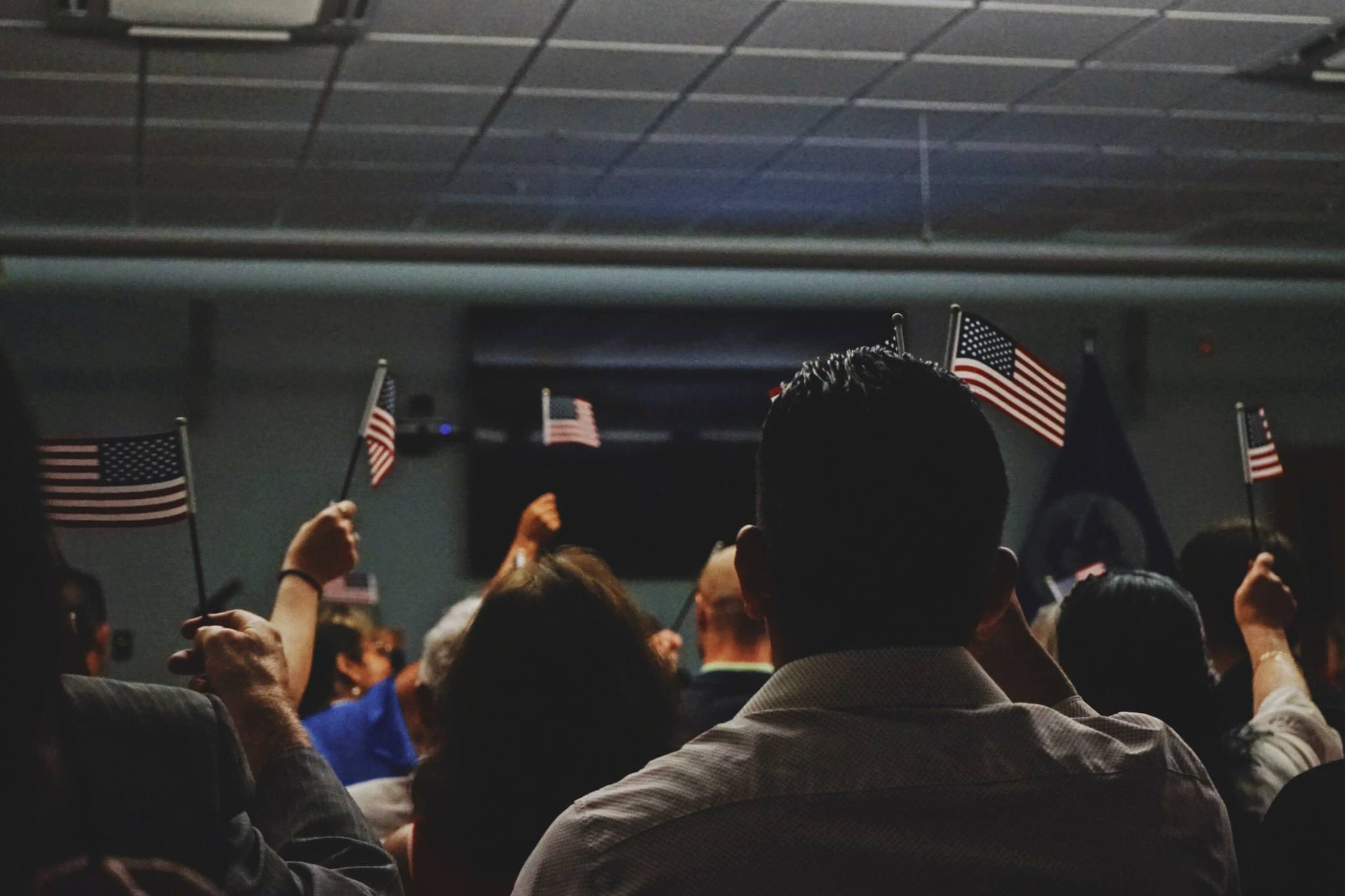Editor’s Note: Ordinarily My Turn submissions are limited to one per person per month, but the rule is being waived to allow someone to address a My Turn that directly named the writer in a timely manner.
This is a response to recent My Turns “Thank you for discussing white privilege” and “Is white privilege real?” by authors whom I consider friends and good neighbors. I understand and appreciate the authors’ emotional and factual narrative. In this My Turn, I want to clarify my position on “white privilege” compared to those addressed in prior articles.
[Opinion: White privilege in today’s America]
In regard to “disparities” in criminal justice, specifically in incarceration rates relative to proportional representation in the general population, proportional representation in the general population is not the relevant metric. Proportional representation in the population of people conducting criminal behavior is the important metric for comparison. I don’t know those data, but I sure know that this comparison to the general population is nonsense, yet we see it all the time for all sorts of “racial discrimination” statistics
The rest of the narrative in both articles is just about injustices done to other people than white people. And then the conclusion is that, therefore, in comparison white people have been “privileged.” So, what really is the point? That life is unfair; that injustices have occurred; and that by extension, white people must now fess up to their privilege and be ashamed of themselves or even be made to pay for their supposed sins of the past? The whole premise is that race, especially by skin color alone, is of paramount importance in categorizing and understanding people, and that by recognizing somebody as “white,” tells much about the relative advantages they have had in their lives.
That is such an over-simplistic, purely racial view of human society.
The truth is that the relative advantages and disadvantages that have been experienced by individual white people vary across an enormous spectrum within human culture, and assuming that the color of one’s skin alone is enough to indicate anything about where any one person might fall on such as spectrum is pure nonsense.
In my opinion, discrimination may take different shapes, forms. For example, Jews, (another invisible minority) are judged as “privileged “ only by white skin color. In fact, antisemitism is racism as much as assumptions about “white privilege.” Frequent discrimination of immigrants, disabled people, LGBT community and others is based on either their sexual preferences, physical limitations or social status, and, yet, they are in a category of “privileged” because of their skin color — white.
Historically, Jews have been discriminated for over 2000 years, and often times based on their physical characteristics, appearance, religion, behavior and language. The dilemma I have, how long should we keep referencing our past? For example, my grandfather Roman Umansky, was killed by German Nazis in 1941 in Kiev, Ukraine. He was captured and brutally killed. I never met my grandfather Roman. But I don’t expect young generation in today’s Germany to apologize to me for the atrocities committed to my former country, Soviet Union, and for killing my grandfather. I will not forget, but I forgive them.
In my prior My Turn, I shared my experience as an immigrant in our country, and I refuse to be categorized under umbrella of “white privilege.” I am just American.
Any categorization and prejudging anyone on the basis of their skin color alone is by definition racial prejudice. Isn’t it? Certainly, racial prejudice and discrimination is wrong in any case and shape. Labeling all “whites” as a racial category that has been “privileged” is prejudging all individuals in that category on the basis of their race alone. To call that a “fact” rather than “racial prejudice” is either extremely hypocritical (that racial prejudice is OK if targeted against your chosen group) or is ignoring the concept as defined by the English language.
I think my immigrant story, probably similar to many other immigrants in the United States, is important because it illustrates the ideals expressed in the U.S. Constitution, especially in relation to equality for all without regard to race, ethnicity or origin; that I have fully accepted those ideals; but that now I find a significant segment of American society overtly acting directly against them by blatantly espousing racism (so-called “white privilege”). Even politicians seem to feel free to do that in public forums. This seems inappropriate.
There should be no tolerance for racism at all. We should celebrate hard work and the American ideals versus racist concepts and accusations masquerading as kindness and understanding of supposed injustices that are also often used to advance a political agenda. Period.
• Alexander B. Dolitsky was born and raised in Kiev in the former Soviet Union. In the U.S.S.R., he was a social studies teacher for three years, and an archaeologist for five years for the Ukrainian Academy of Sciences. He lived first in Sitka in 1985 and then settled in Juneau in 1986. From 1985 to 1987, he was a U.S. Forest Service archaeologist and social scientist. He was an adjunct assistant professor of Russian studies at the University of Alaska Southeast from 1985 to 1999; social studies instructor at the Alyeska Central School, Alaska Department of Education from 1988 to 2006; and has been the Director of the Alaska-Siberia Research Center from 1990 to present. Columns, My Turns and Letters to the Editor represent the view of the author, not the view of the Juneau Empire. Have something to say? Here’s how to submit a My Turn or letter.

